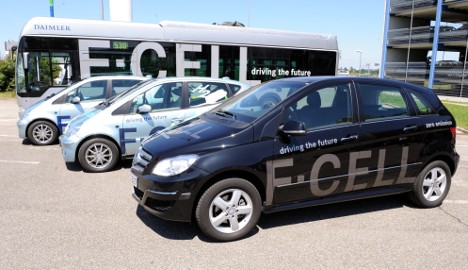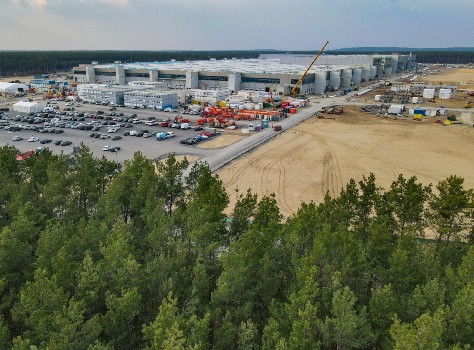“We are convinced that fuel cell vehicles will play a central role for zero-emission mobility in the future,” said Prof. Thomas Weber, a Daimler board members in charges of research and development at Mercedes-Benz, in a statement.
“Thanks to the high commitment of all three partners we can put fuel cell e-mobility on a broader basis. This means with this cooperation we will make this technology available for many customers around the globe.”
The carmakers plan to hold equal shares in the project and expect to launch the first large scale production of affordable fuel-cell powered vehicles in four years, a joint statement said, without providing financial details of the agreement.
“The collaboration sends a clear signal to suppliers, policymakers and the industry to encourage further development of hydrogen refuelling stations and other infrastructure necessary to allow the vehicles to be mass-marketed,” the statement said.
Electric vehicles already represent a major development strategy for Renault-Nissan, and fuel cells, which used a chemical reaction between hydrogen and oxygen to produce electricity, are presented as a complement to that effort.
The companies aimed to “maximise design commonality, leverage volume and derive efficiencies through economies of scale,” the statement added.
Nissan has already signed a similar agreement with fellow Japanese companies Toyota and Honda, and the Korean group Hyundai, to sell vehicles equipped with fuel cells in Scandinavian countries from 2015.
AFP/The Local/mry



 Please whitelist us to continue reading.
Please whitelist us to continue reading.
Member comments